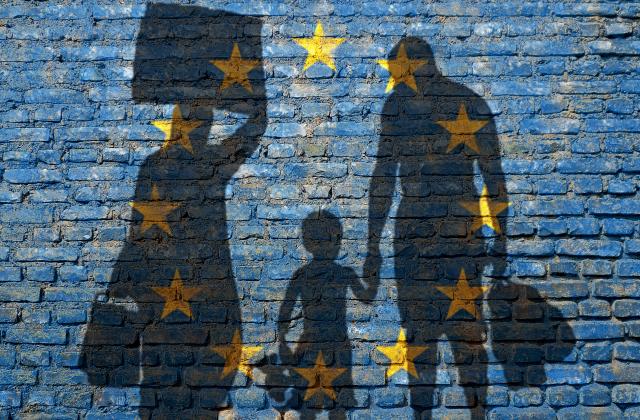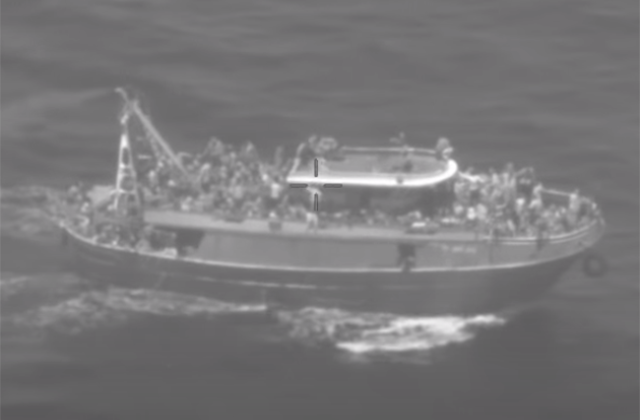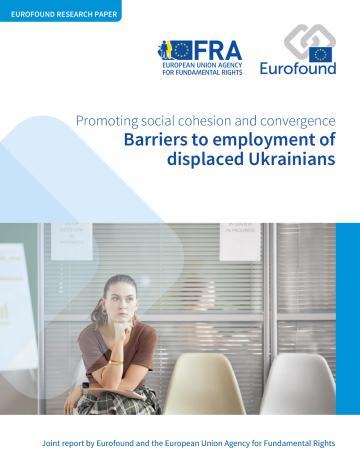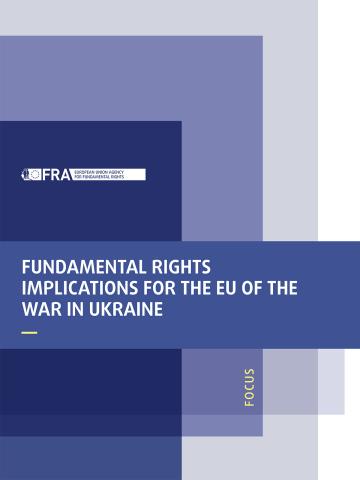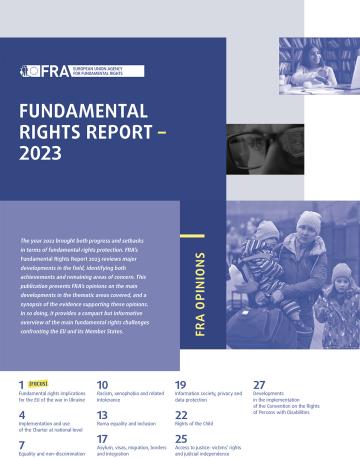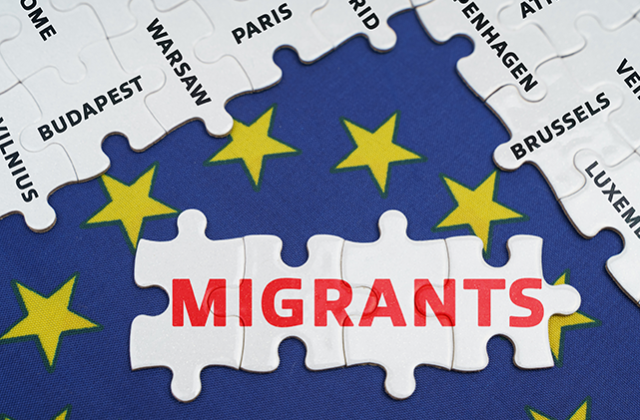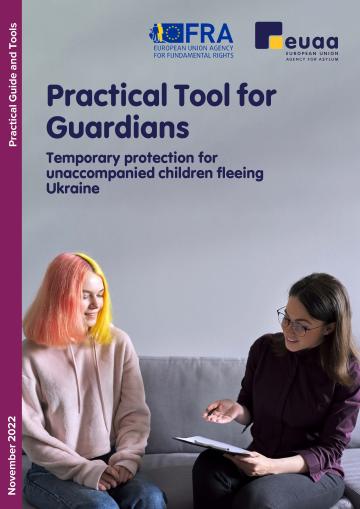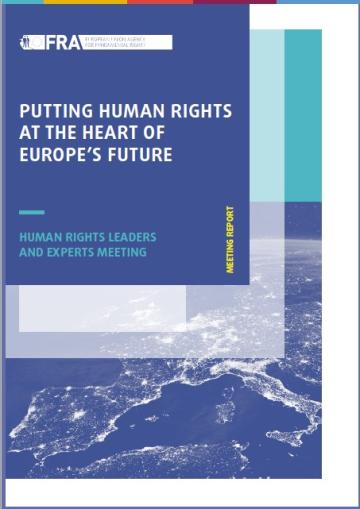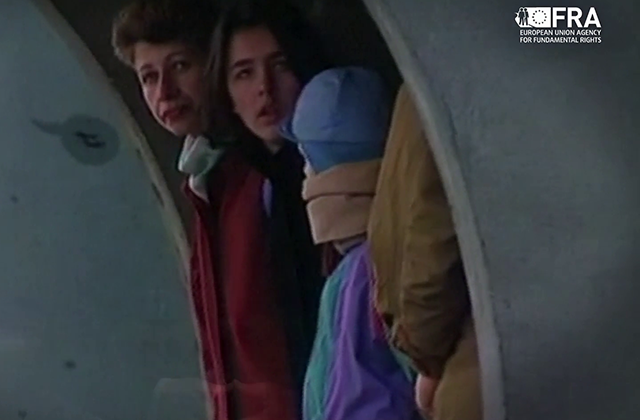Azil, migracija i granice
Highlights
- Handbook / Guide / Manual1August2024Migrant workers are particularly at risk of labour exploitation. Workplace inspectors play a role in protecting non-EU workers' rights. This report guides inspectors to identify abuse and protect migrant workers. In autumn 2024, FRA will publish a manual with extensive resources to support workplace inspectors.
- Report / Paper / Summary30July2024Fundamental rights violations on the EU’s land and sea borders often go unreported. Investigations into these violations need to be more effective. This report gathers examples of alleged rights violations of migrants and refugees between 2020 and 2023. It sets out 10 steps to promote prompt and effective national investigations into incidents of ill-treatment at borders.
- Periodic updates / Series1July2024The EU Agency for Fundamental Rights regularly collects data on the operations of NGO vessels involved in search and rescue in the Mediterranean. This includes any legal proceedings against them, as well as any difficulties in disembarking migrants in safe ports. This paper provides an overview of criminal investigations and other legal proceedings initiated by European Union (EU) Member States against civil society organisations deploying search and rescue vessels and aircraft in the Mediterranean and/or against individual crew members. The latest update covers the period from 2018 up until the end of May 2024.
- Handbook / Guide / Manual17December2020Europska konvencija o ljudskim pravima i pravo Europske unije čine sve važniji okvir za zaštitu prava stranaca. Zakonodavstvo Europske unije u području azila, granica i imigracije brzo se razvija. Dostupna je opsežna sudska praksa Europskog suda za ljudska prava koja se konkretno odnosi na članke 3., 5., 8. i 13. EKLJP‑a. Od Suda Europske unije sve se češće traži da donosi odluke o tumačenju odredaba prava Europske unije u tom području. U trećem izdanju ovog priručnika, koji je ažuriran u skladu s informacijama dostupnima do srpnja 2020., na pristupačan su način predstavljeni zakonodavstvo Europske unije i sudska praksa navedenih dvaju europskih sudova. Priručnik je namijenjen pravnim stručnjacima, sudcima, tužiteljima, imigracijskim službenicima i nevladinim organizacijama u državama članicama EU‑a i Vijeća Europe.




